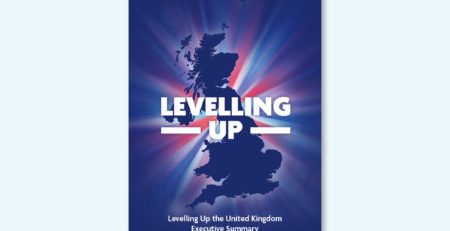Ofcom’s new CEO committed to put “consumers and citizens at the heart??? of the regulator’s work
Sharon White delivered today her first major speech as Ofcom’s Chief Executive at a Which? Conference. She stressed that Ofcom will continue to carry out its role as a light touch regulator, encouraging competition and investment, but with an increased consumer focus. As part of her speech, Sharon White highlighted some elements of Ofcom’s work programme, including the improvement of the process for consumers to switch broadband and landline providers, the upcoming Digital Communications Review, and confirming the government’s commitment to deliver the Universal Service Obligation of 5Mbit/s.
Ofcom also announced today new measures to strengthen the Code of Practice on broadband speeds
Which?, the largest consumer body in the UK, has long campaigned for clearer broadband speeds advertising rules and for all customers to get the speeds promised in adverts. Earlier this year, the Broadband Stakeholder Group helped facilitate discussions between Internet Service Providers (ISPs) and Ofcom on reviewing certain aspects of the Broadband Speed Code which was originally drafted in 2008 and revised in 2010. This voluntary Code of Practice is a joint effort between the industry and Ofcom to increase transparency on the connection speed that consumers expect. Signatories to the current voluntary Code include all the major broadband providers including BT, Sky, Plusnet, TalkTalk, Virgin Media, etc.
The main revision to the Code concerns the extension of the period during which consumers are able to leave their contract with their service providers if their broadband speed falls under a certain minimum they get. Under current rules, users could abandon their broadband contract without penalty within 3 months of its start under certain conditions. From January 2016 at the latest, and under the same conditions, new users will be able to abandon their contract at any time without penalty.
The proportion of users concerned by this change is likely to be relatively low: the changes will understandably not apply to all users but to those whose line speed (not download speed) falls below the minimum guaranteed access line speed (MGALS). The MGALS differs from the speed advertised in packages. In a group of users using a similar service, the MGALS is the fastest speed delivered to the slowest 10% of that group.
Nevertheless, this, coupled with the other announcements in the speech on switching, is a positive change which further empowers customers and enables them to make more informed choices.



